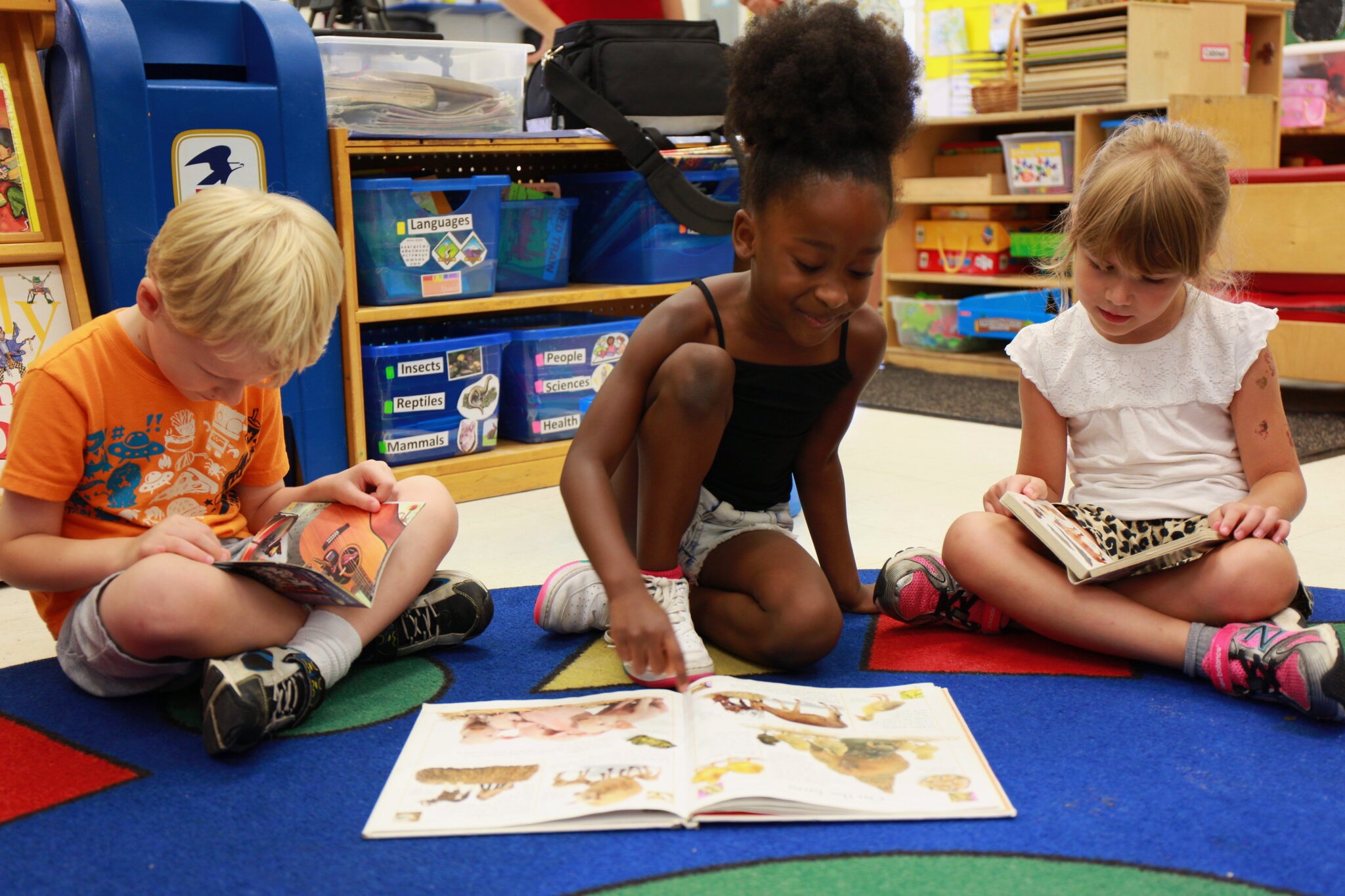Florida’s third grade reading scores were released a few weeks ago. Statewide, 54% of third graders are reading on grade level compared with 58% in 2019. While the pandemic stagnated student learning, these scores reveal that we need to approach reading instruction in a new way.
The ability to read both changes and saves lives. Poor literacy skills lead to greater high school drop-out rates, incarceration and lower lifetime earnings. Research shows that students not reading on grade level by third grade rarely catch up. As students in fourth grade transition from learning to read, to reading to learn, students fall further behind.
In February, I presented to the Florida House of Representatives Early Learning and Elementary Education Subcommittee on the science of reading, which is the collection of evidence of what we know about how children learn to read. Based on decades of research, it reveals how reading skills are developed, what happens in the brains of students who struggle and how to teach the complexities of reading. Recently, a racially diverse Florida school that implemented this type of instruction saw a dramatic increase in proficiency with 84% of their third graders reading on grade level.
Teachers are best positioned to impact students’ reading performance, but many are not adequately equipped in the science of reading. We must strengthen their ability to provide quality reading instruction through meaningful professional development and support.
For instance, the Florida Department of Education offers free access to the Flamingo Literacy Matrix online professional development system for thousands of teachers statewide. Created by the University of Florida Lastinger Center for Learning in partnership with the state, this professional development program improved teacher knowledge by an average of 82%.
We must also recognize and empower parents and caregivers as children’s first teachers. Access to quality books and other print materials is a critical first step in setting children up for success. To unlock the full power of books, families need access to practical and engaging resources, tools and strategies that lay a strong foundation of language and literacy development.
This spring, Rep. Dana Trabulsy introduced and shepherded a bill championed by House Speaker Chris Sprowls to address these challenges. Dubbed the New Worlds Reading Initiative, it is a statewide book delivery and family-engagement program that provides monthly book delivery to struggling readers between kindergarten and fifth grade. Recognizing that books alone won’t eradicate illiteracy, the initiative will engage school districts and community organizations to promote reading and build families’ capacities to improve children’s reading abilities.
This and other legislation that support, statewide, the science of reading professional development pathways, help build the comprehensive system necessary for a literate Florida. By equipping teachers and parents with the right tools, we set children on a trajectory for success. Through our libraries, schools, faith-based organizations and state’s many resources, we can build a Florida with confident readers who have a love of reading that lasts for generations.
Dr. Paige Pullen is chief academic officer of the UF Lastinger Center for Learning.

